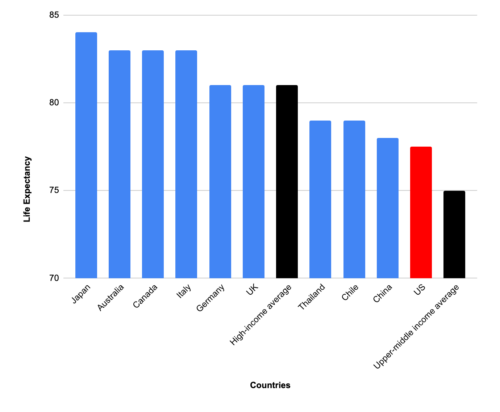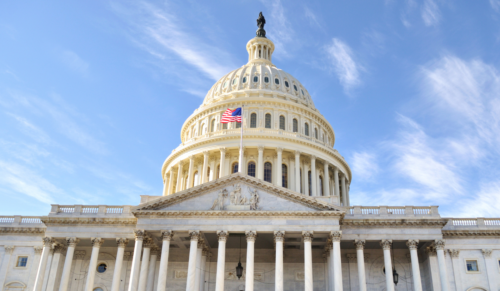PPI Previews the 2023 State of the Union
By: / / / 02.06.2023
An Introduction from PPI’s Government Relations team…
Two years into President Biden’s first term, a narrow Republican majority in the House threatens to thwart the historic progress made by his Administration. Kevin McCarthy and the House Republican Caucus have already threatened to drive the U.S. into default, engaged in partisan investigations, and neglected to lay out a sound legislative agenda. Once again, a divided government endangers real progress.
At PPI, we hope President Biden will see Tuesday’s State of the Union address as an opportunity to chip away at the partisan stalemate that has taken hold of American politics. With Republicans content to do nothing but obstruct and finger-point, President Biden should play the long game and start charting the Democratic Party on a course to build a lasting, durable majority that is capable of withstanding the electoral swing every two years.
In order to achieve this goal, the President ought to focus on ways in which the party can dramatically expand the size of its coalition. In the 2022 election cycle, independent voters broke in large numbers for the Democratic party, making a dramatic difference in key states and races all across the county. President Biden should make a direct appeal to these voters and other working class Americans by offering a clear vision and compelling solutions to issues that polling shows they care about like crime, immigration, inflation, and the economy. The President should consider embracing cultural moderation and directly address the concerns of vital constituencies that far-left progressives have been alienating.
In terms of policy, this means embracing the innovation economy, not trying to break it up, reducing inflation and debt, and adopting an export-oriented trade policy. It means ending the disparity between the huge amounts of money Washington invests in college-bound people and the paltry investments it makes in the skills and career prospects of the non-college majority. It means championing public school choice and accountability rather than the K-12 status quo that’s failing low-income families. It means climate pragmatism that recognizes that we can achieve our greenhouse reduction goals through intelligent use of all energy sources and innovations like carbon capture and storage.
Finally, the President should unequivocally affirm America’s support for Ukraine and reject anti-democratic movements both abroad and at home. Free nations across the globe are dealing with the rise of authoritarianism, and America must show to the world that America will stand strong to defeat it.
Below, our experts at PPI have presented more bold policy suggestions and radically pragmatic solutions for the Administration to consider as they build out the agenda for the final years of the President’s first term.
PPI on the SOTU: The Economy
By Ben Ritz, Director of PPI’s Center for Funding America’s Future
PPI on the SOTU: The Workforce
By Taylor Maag, Director of Workforce Policy, PPI’s New Skills for a New Economy Project
PPI on the SOTU: Trade
By Ed Gresser, Vice President and Director of Trade and Global Markets
PPI on the SOTU: Energy
By Elan Sykes, Energy Policy Analyst
PPI on the SOTU: The Future of Tech and Innovation
By Jordan Shapiro, Data and Economic Analyst; and Malena Dailey, Technology Policy Analyst
PPI on the SOTU: Health
By Erin Delaney, Director of Health Care Policy
PPI on the SOTU: Education
By Tressa Pankovits and Curtis Valentine, Co-Directors of PPI’s Reinventing America’s Schools






